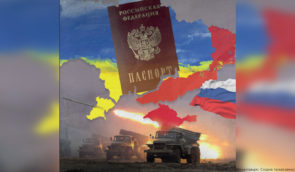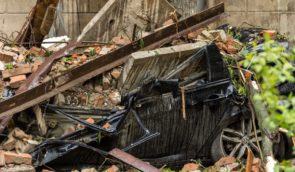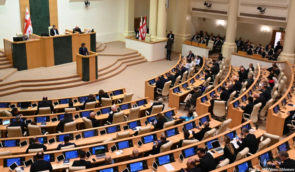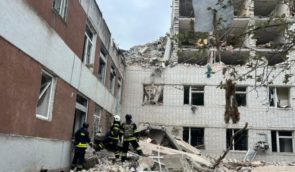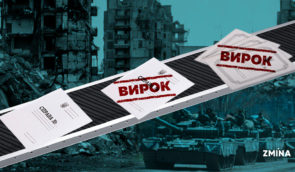War in figures and human pain: Experts in Warsaw outline the price of armed conflict in eastern Ukraine
Ukraine has not become a more human-oriented state within two years of the armed conflict. Such a statement was made by the public representatives in Warsaw, which hosts annual OSCE Human Dimension Implementation Meeting HDIM2016 until September 30.
The Human Rights Information Centre correspondent reports this from Warsaw.
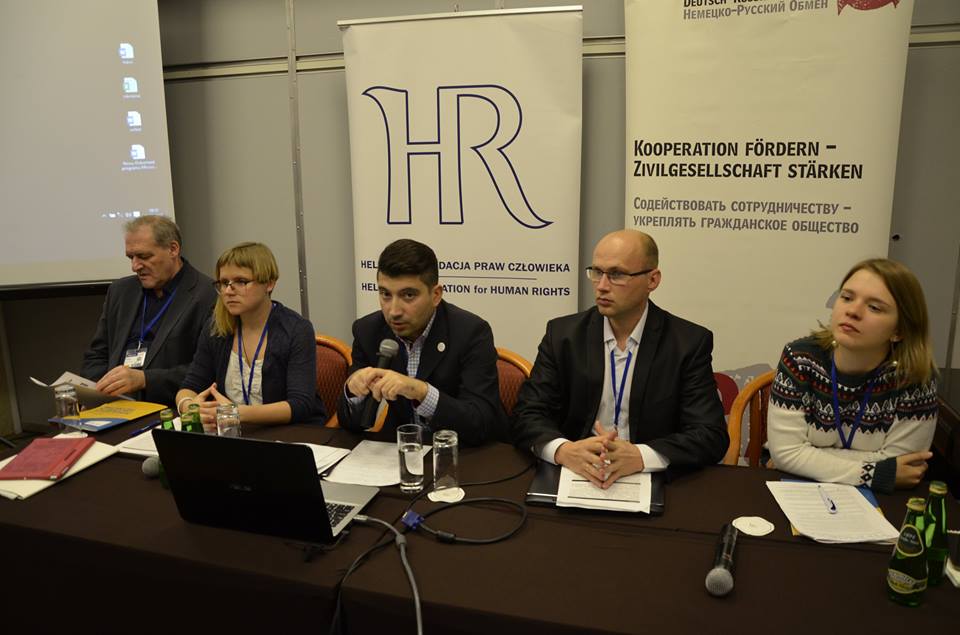
The armed conflict in Donbas is one of the key issues discussed at the event. The representatives of the international monitoring missions and NGOs register the overwhelming violations of human rights – the right to life, freedom of movement, access to health care, right to education and childhood, and others. There are thousands of tragic human stories, say the participants in the international conference.
Saving budget funds… at cost of pensions
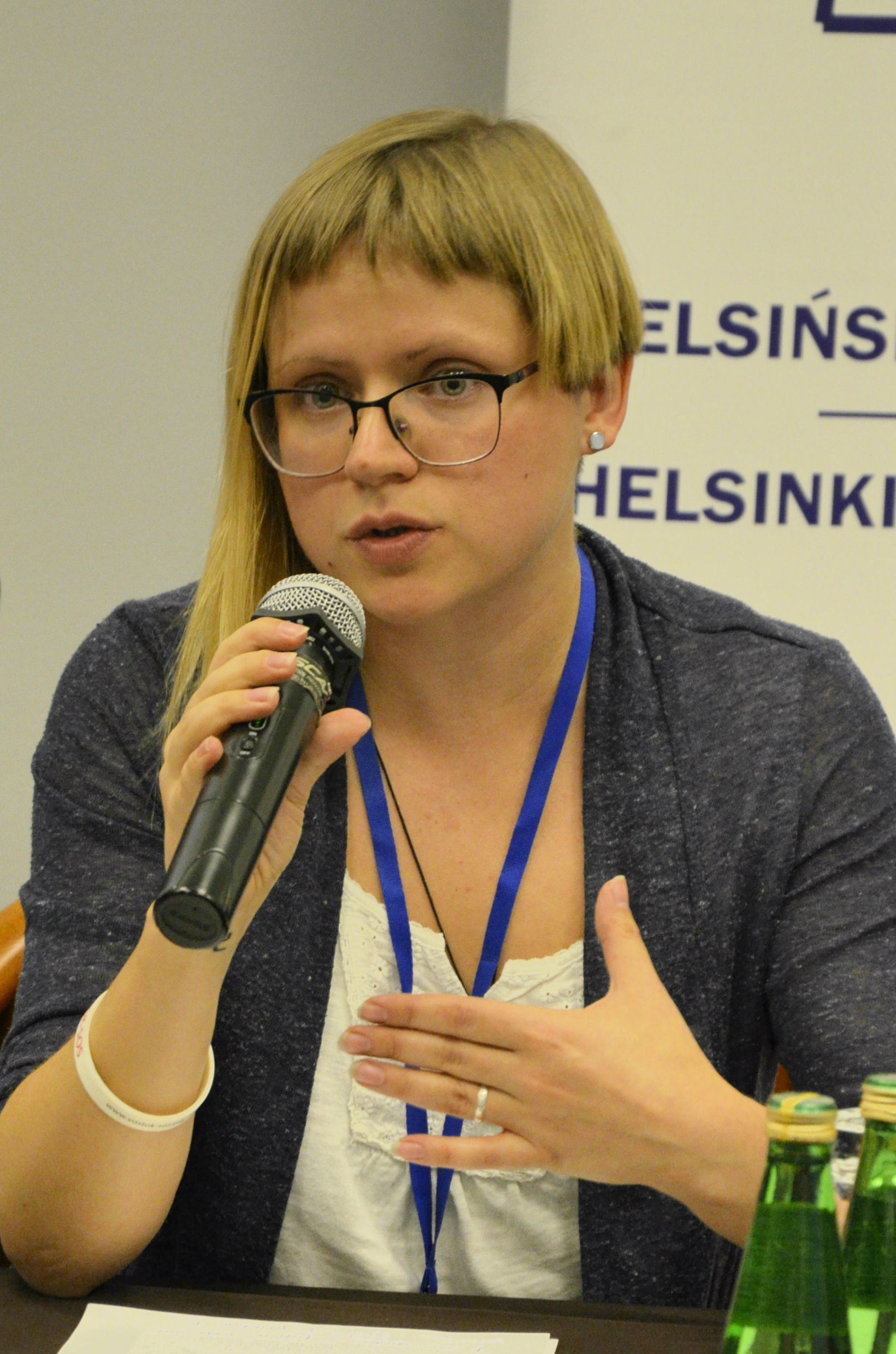 Olena Lunyova, the representative of Vostok-SOS Charitable Foundation, believes that Ukraine has not become a more human-oriented state within two years of the armed conflict.
Olena Lunyova, the representative of Vostok-SOS Charitable Foundation, believes that Ukraine has not become a more human-oriented state within two years of the armed conflict.
“In particular, about 500,000 internally displaced persons were put on so-called lists of the Security Service of Ukraine [SBU] and they ceased to receive social assistance. It remains unclear how these people get in the lists of those who have supposedly never left the temporarily occupied territory or returned there. Significant share of them is people with disabilities and pensioners,” Lunyova said.
Chairman of the Kharkiv Human Rights Group Yevhen Zakharov added: “Recently, the SBU cynically reported that it saved UAH 3.9 billion for Ukrainian budget, and this money was allocated for paying pensions to people living in the occupied territories. This statement was made at a joint session of the two parliamentary committees…”
Deaths which could be avoided
The representatives of eight NGOs from five countries joined the monitoring mission of the Helsinki Foundation for Human Rights (Poland). Foundation’s representative Olha Salomatova told she had been talking with many people during the monitoring period, August 15 – 27.
“There is nothing but pain in their words. We stayed overnight in the villages at their request. The residents of frontline territories, that’s how they called the territory at the demarcation line, told us that shelling is the heaviest at night. Two civilians were killed only during our stay… One woman was killed when she was lying on the couch at her home in the evening and watching TV… It was a stray bullet. When people called an ambulance, they were told that doctors could not come now because of ongoing shelling. If locals could deliver the woman to the outskirts of the village, she would be taken to the hospital. As it turned out, there is only one ambulance working for several villages. People feel as if they were left to the mercy of fate,” Salomatova said.
According to the expert, the doctors speak about increase in mortality due to cardiovascular diseases and diseases associated with stress.
Involvement of children in war
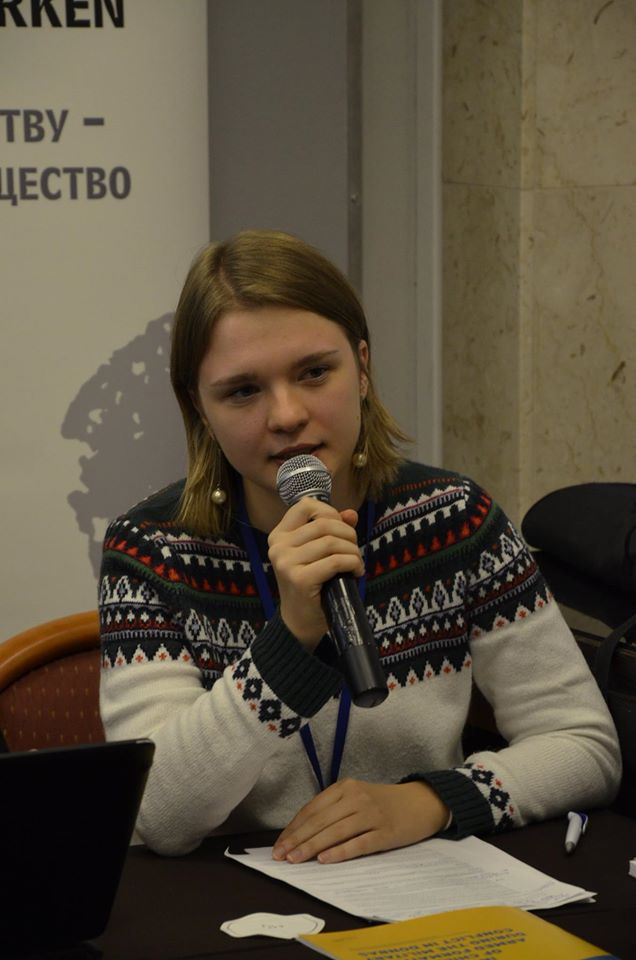 The war in eastern Ukraine is a fact of involvement of children in the armed conflict. This was stated by Hanna Yanova, the representative of the Eastern Ukrainian Center of Public Initiatives.
The war in eastern Ukraine is a fact of involvement of children in the armed conflict. This was stated by Hanna Yanova, the representative of the Eastern Ukrainian Center of Public Initiatives.
“During our three-month monitoring, as of September 10, we recorded 41 cases of involvement of children in the armed conflict in the uncontrolled area. These are children, whose age and circumstances of involvement we managed to establish. According to our data, there are another 31 cases of children’s involvement in the war, but there is still not enough information. Children are fighting for various reasons. They are often attracted involuntarily. Children often go to fight to get food or to avenge their relatives. Some children go to fight because their parents or teachers are members of the armed groups…” Yanova said.
Destroyed houses
According to the monitoring data of the Kharkiv Human Rights Group (KHRG), there are more than 9,000 destroyed facilities only in government-controlled area of Luhansk region, the restoration of which will require about 9 billion hryvnias. This was told by KHRG’s representative Oleksandr Pavlychenko.
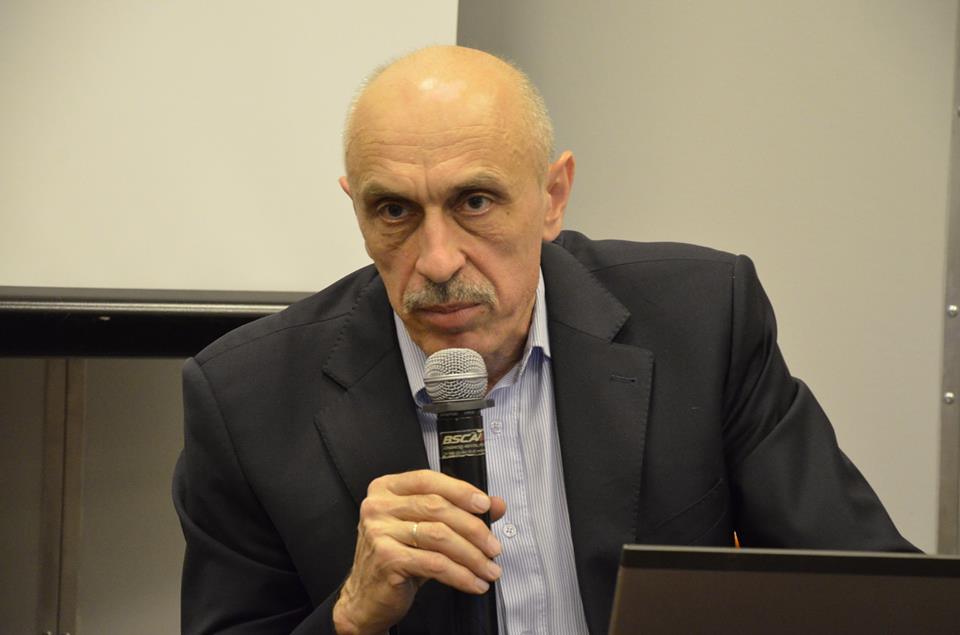 “The destroyed facilities include 800 residential buildings of communal property, and the state is ready to provide financial support for their restoration. As for 6,000 private facilities, they are assisted only by international foundations, such as the Red Cross, the Danish Refugee Council, the People in need, etc. According to our data, about 10,000 objects have been destroyed or damaged on the territory of Ukraine, and about 9 billion hryvnias is needed to restore them,” Pavlychenko said.
“The destroyed facilities include 800 residential buildings of communal property, and the state is ready to provide financial support for their restoration. As for 6,000 private facilities, they are assisted only by international foundations, such as the Red Cross, the Danish Refugee Council, the People in need, etc. According to our data, about 10,000 objects have been destroyed or damaged on the territory of Ukraine, and about 9 billion hryvnias is needed to restore them,” Pavlychenko said.
Demarcation line
Answering the questions of the meeting participants as to what clear recommendations the human rights defenders could give the state, they, inter alia, spoke about the pass entry system.
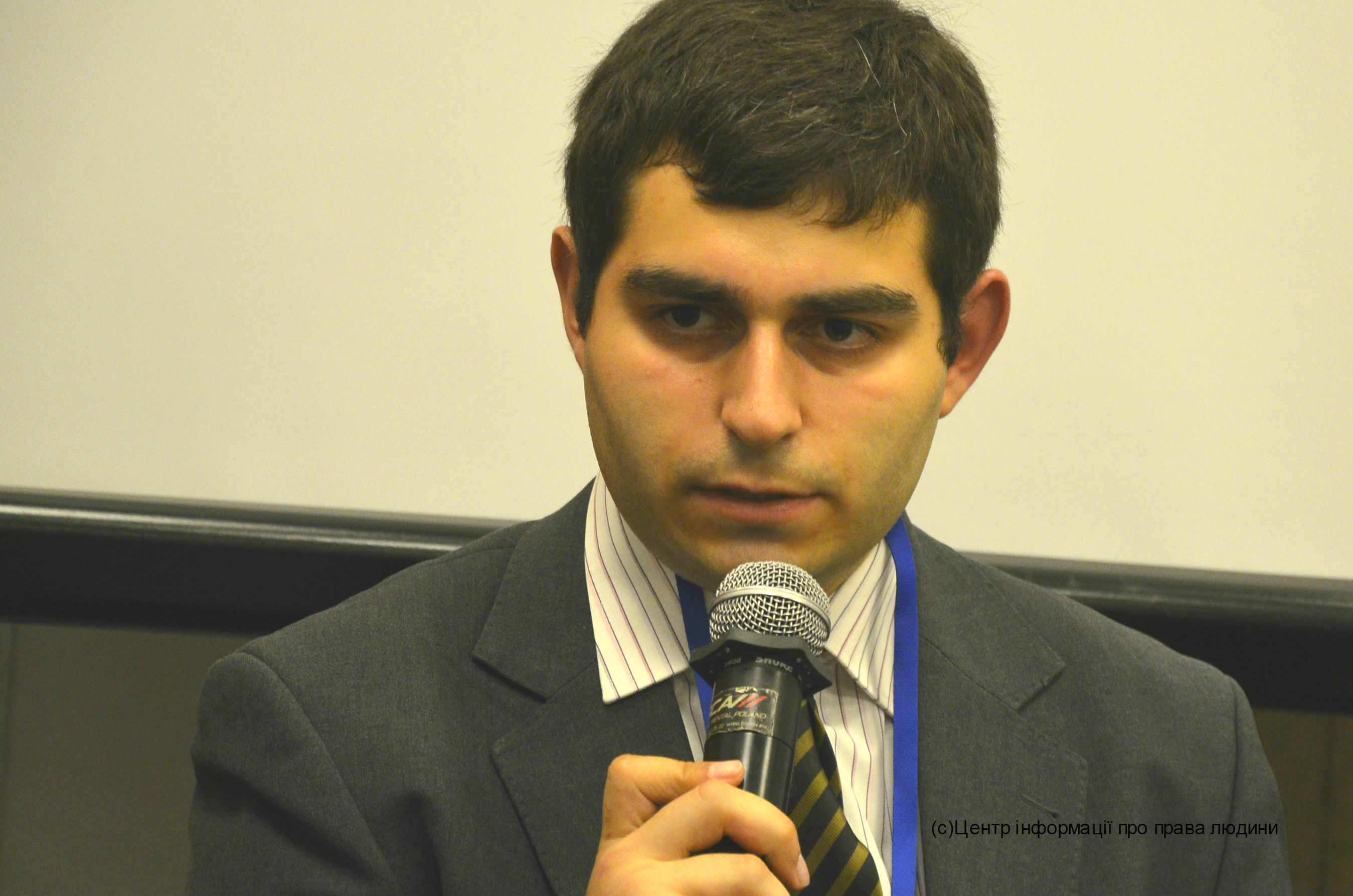 Levon Azizyan, the representative of Vostok-SOS Charitable Foundation, noted that with regard to respect for human rights, it is primarily important to abolish the pass entry system as it does not make any sense from the point of view of safety.
Levon Azizyan, the representative of Vostok-SOS Charitable Foundation, noted that with regard to respect for human rights, it is primarily important to abolish the pass entry system as it does not make any sense from the point of view of safety.
“In a situation where this issue is not addressed, there is a need to increase the number of entry-exit checkpoints. Moreover, the Ukrainian government is even ready to do this. So, there is a fully equipped checkpoint in Zolote town in Luhansk region and is ready for the opening even tomorrow. However, the ‘LPR’ militants do not give their consent to that. The state is also asked to allow the movement of passenger transport (buses, trains),” Azizyan stressed.
Need for legislative regulation of “war”
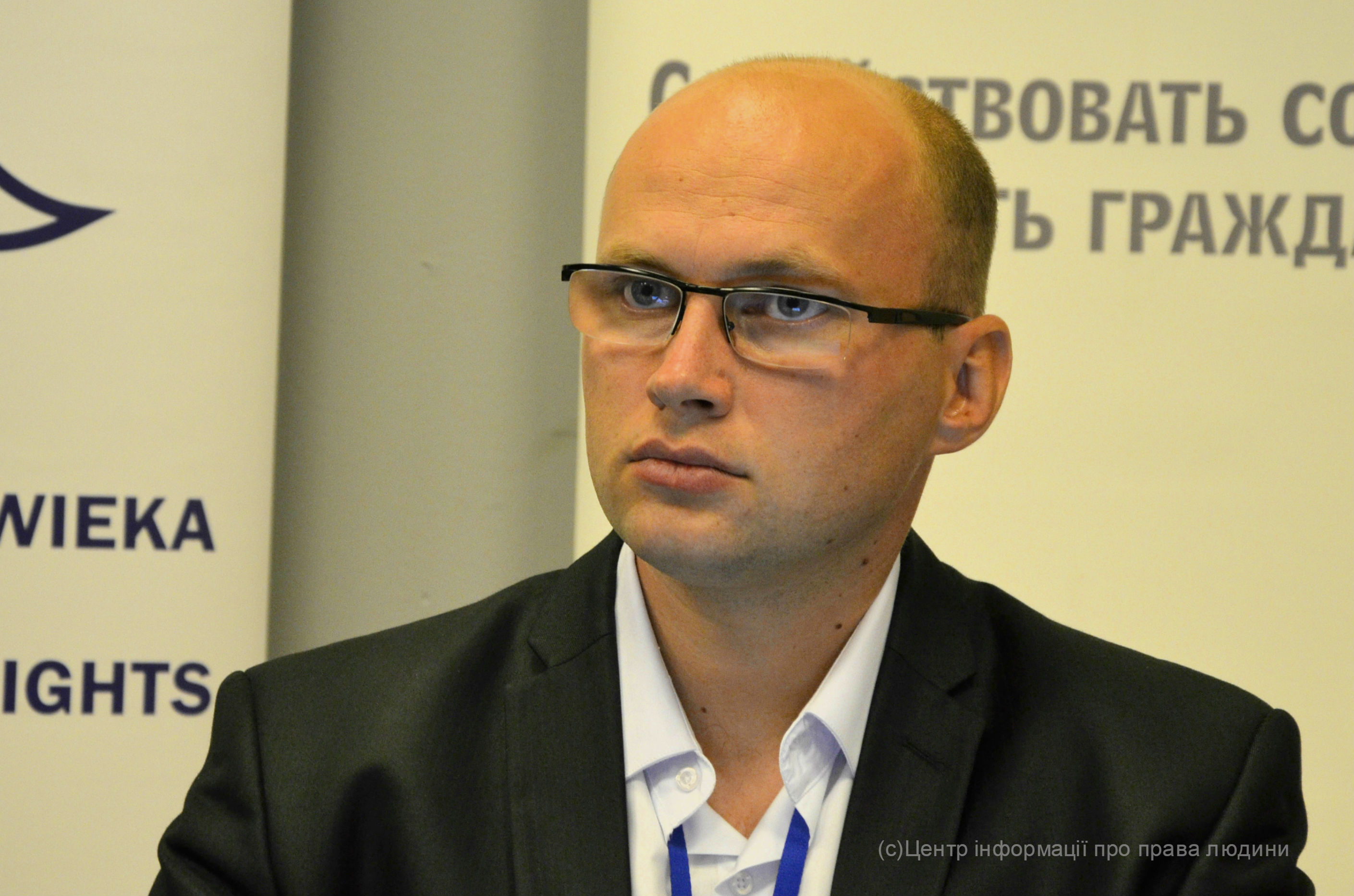 The ratification of the Rome Statute still remains to be a timely issue so that all war crimes could be investigated, stressed Valeriy Novikov, the representative of the Luhansk Human Rights Center “Alternative.”
The ratification of the Rome Statute still remains to be a timely issue so that all war crimes could be investigated, stressed Valeriy Novikov, the representative of the Luhansk Human Rights Center “Alternative.”
“The legislative field of Ukraine also lacks the definitions of a terrorist organization and a terrorist attack. These crimes in Ukraine are investigated under quite different articles – robbery, looting, murder. Then it would be difficult to prove to the international community that those crimes were terrorist attacks and to demand compensation from the aggressor state,” Novikov said.

